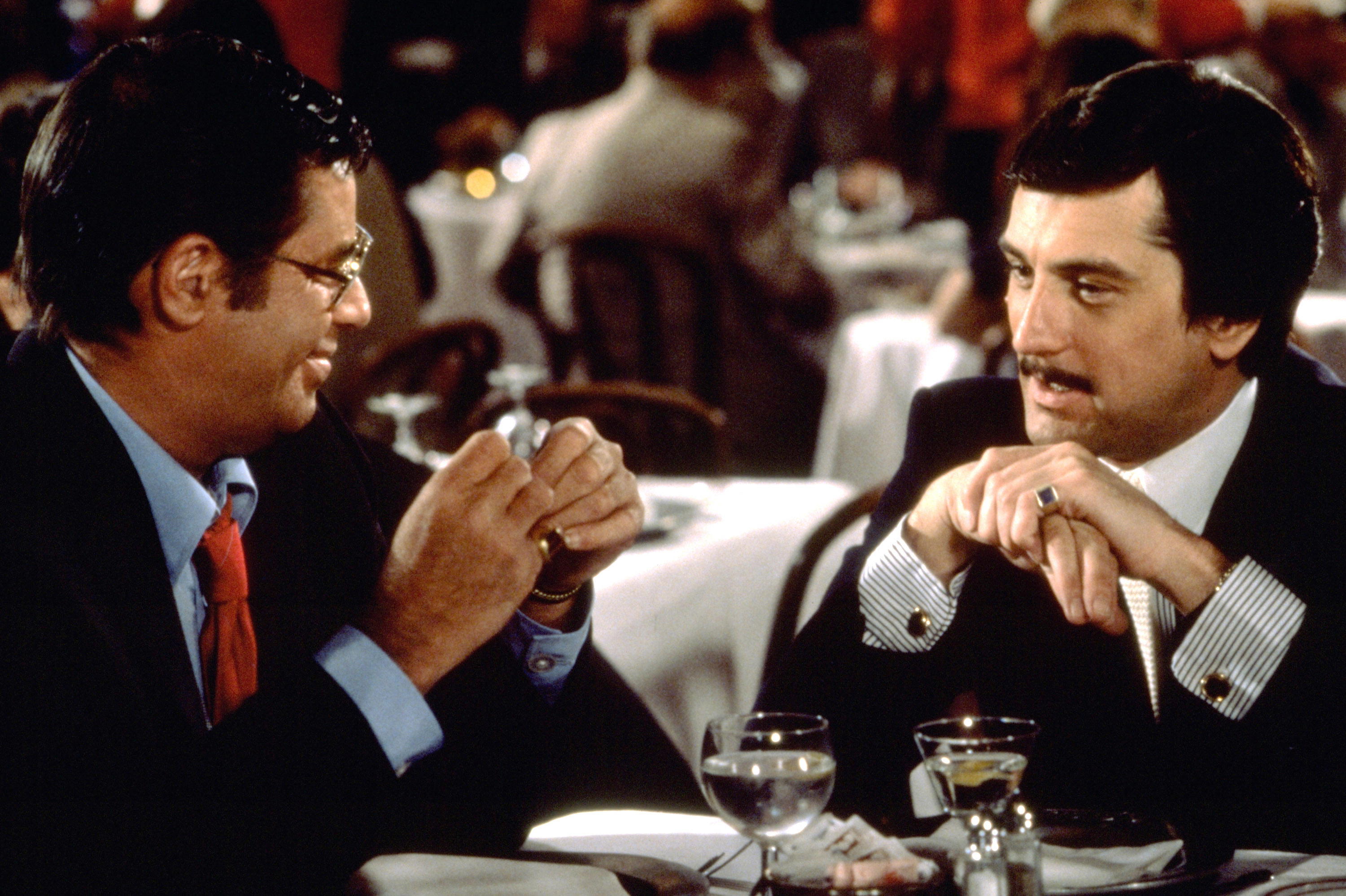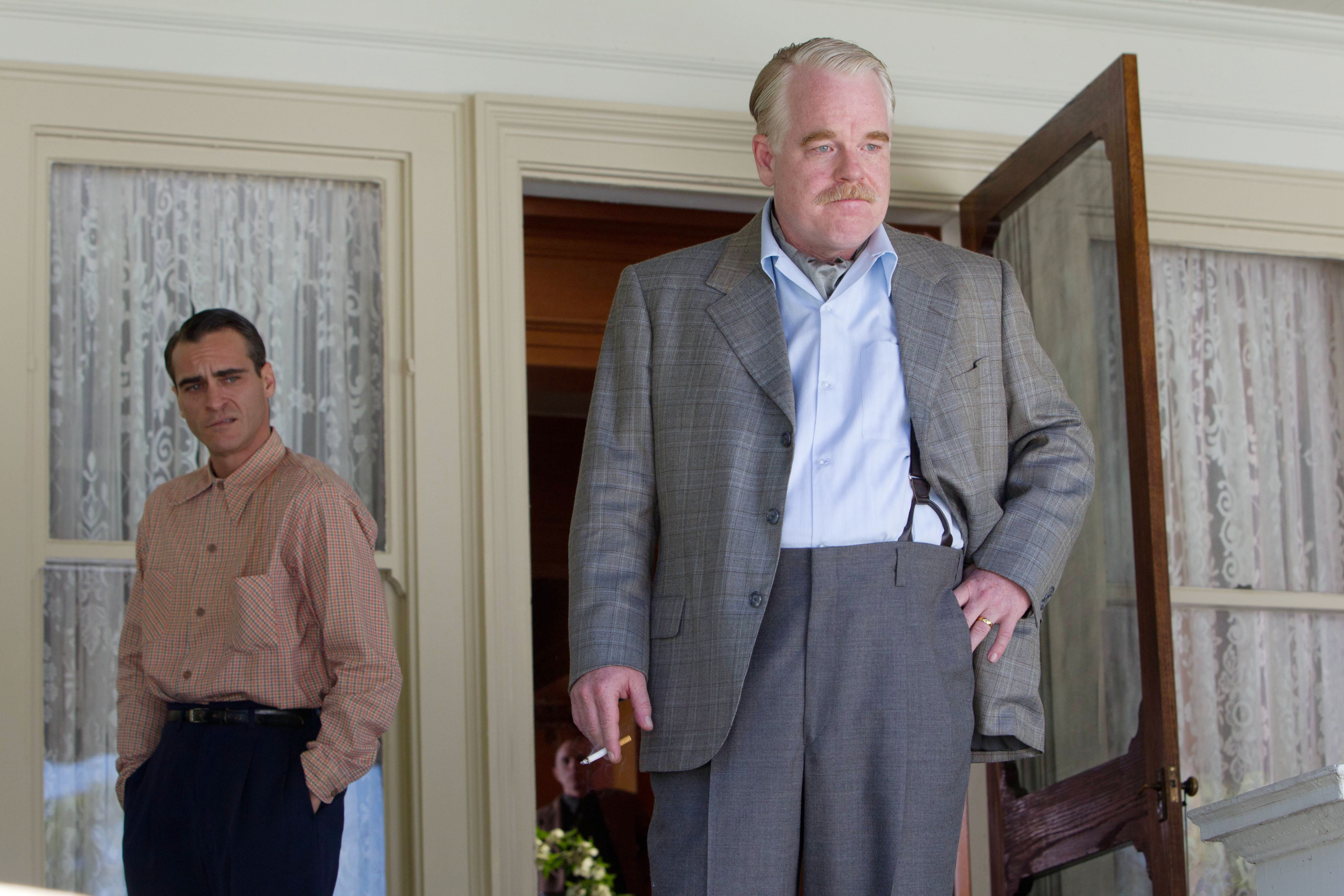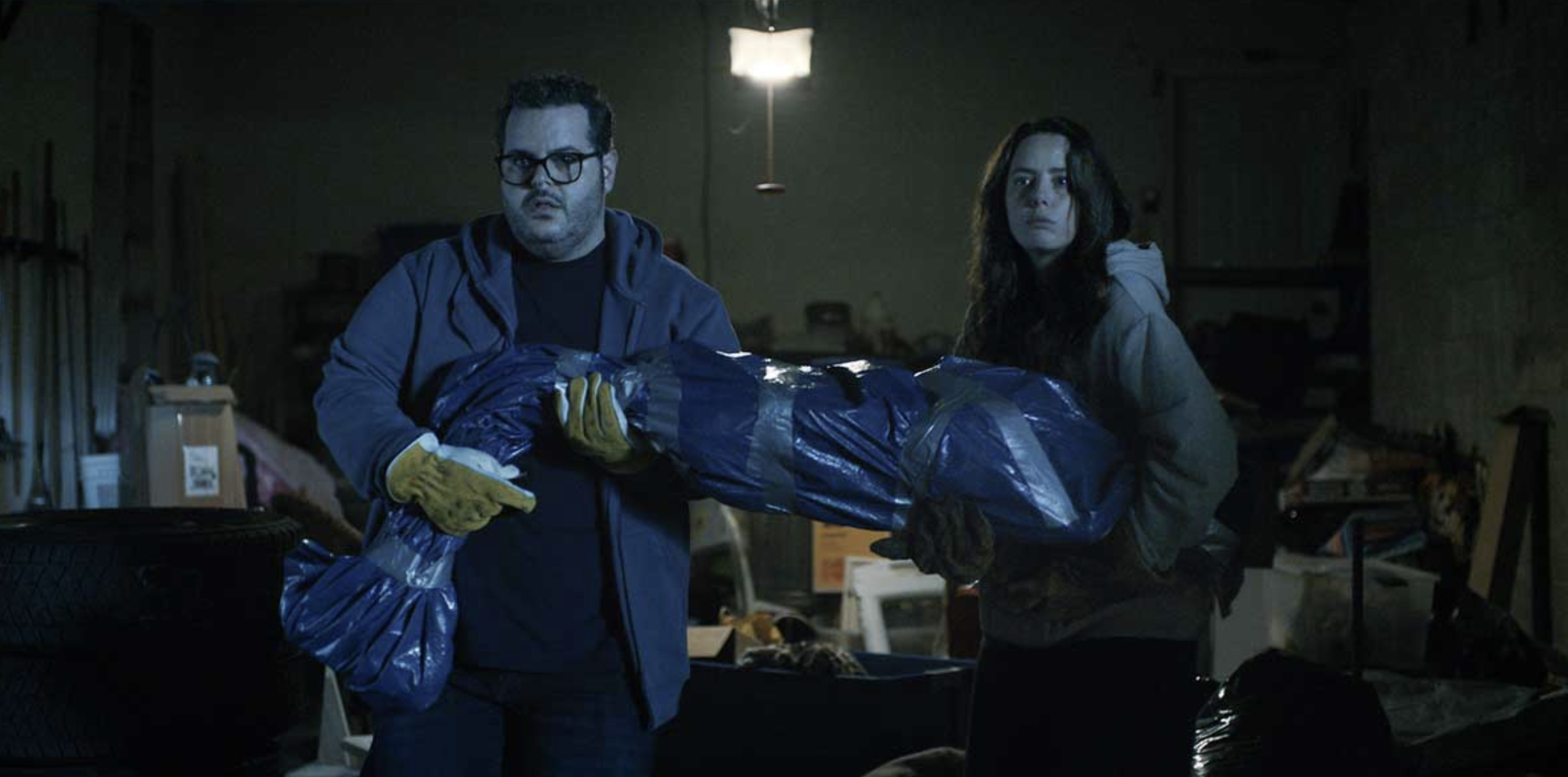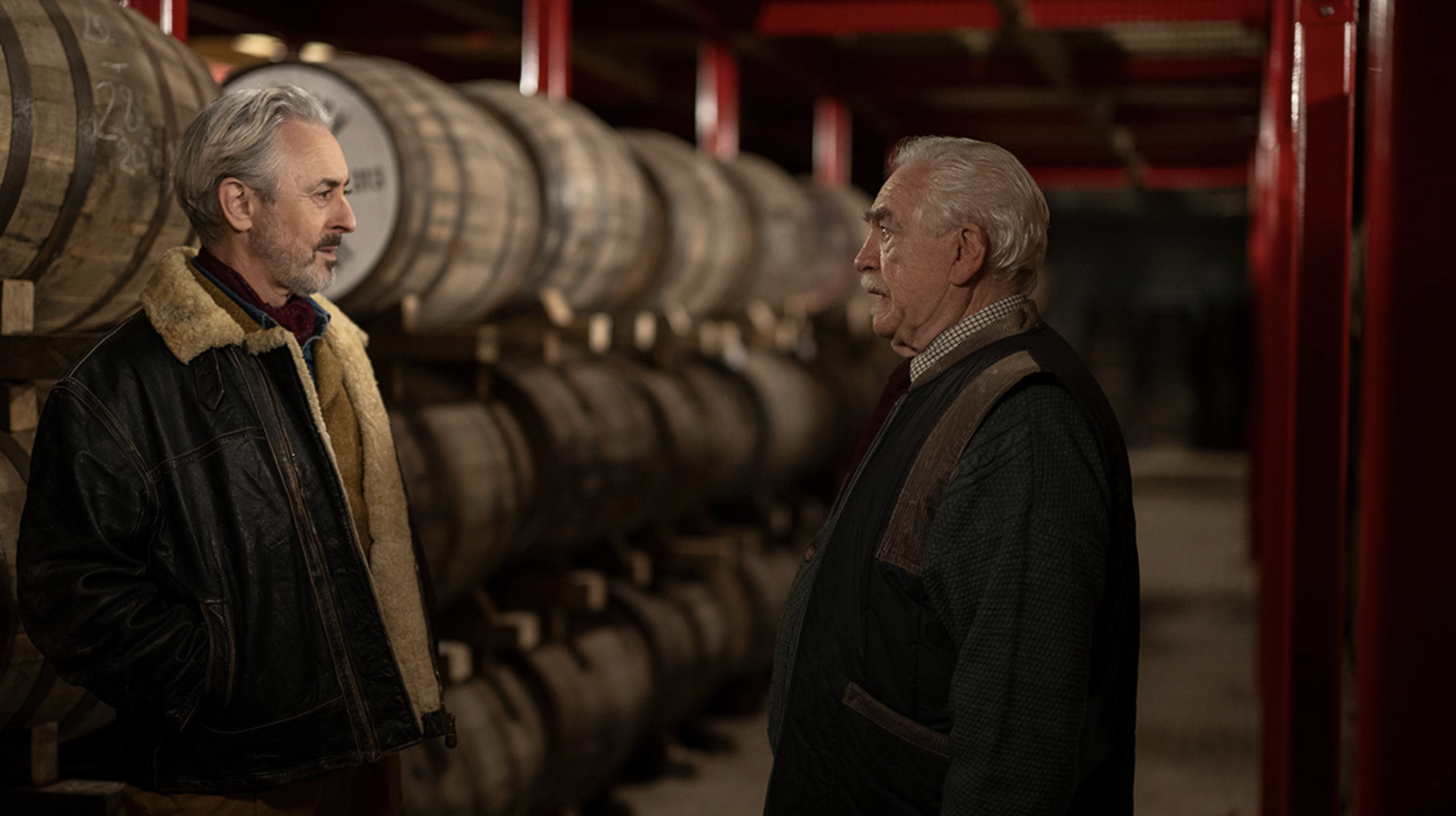“Friendship” has turned out to be a surprise mini-breakout for A24. That the Tim Robinson-led film has its critical champions and devoted following is to be expected, but it’s surprising that the dark, anxiety-inducing, so-called cringe comedy was able to make an extended theatrical run, before becoming the top-rated film on HBO MAX as it made its streaming debut this past weekend.
When “Friendship” writer/director Andrew DeYoung was a guest on this week’s episode of the Filmmaker Toolkit Podcast, he admitted he wasn’t prepared for the volume of laughs the film received during its initial festival screenings.
“When I saw it at TIFF, I didn’t realize I made this kind of movie,” said DeYoung of the crowd’s laughter. “Seeing it with a crowd, I was like, ‘I can’t believe this, did I make ‘Borat 3’ accidentally?’”
While DeYoung has learned credit is due to Robinson’s rabid fanbase and the raucous SXSW and Toronto’s Midnight Madness audiences, he’s also come to realize the film’s humor hits harder than he expected — that’s in part because he wasn’t trying to make a traditional comedy.
“I’m not a huge fan of most comedy movies because I think it lacks something real underneath,” said DeYoung. “I respect a lot of [comedies], I watch, I laugh, and I don’t think about them ever again.”
DeYoung gravitates more toward more “uncomfortable” comedies, like Scorsese’s “King of Comedy,” or the work of Swedish director Ruben Östlund (“Triangle of Sadness,” “Force Majeure”) — films that come with laughs that, accordingly to DeYoung, “hit harder because of the emotion underneath,” because they touch on the nerve of something deeper and “real.”

In the case of “Friendship,” DeYoung pokes beneath the surface at issues that political scientist Robert D. Putnam wrote about in his landmark 2000 book, “Bowling Alone: The Collapse and Revival of American Community.”
“I went deep into [Putnam’s] work,” said DeYoung. “He was pointing at the complete lack of community in [modern] American life that I think we all feel.”
That communal void is felt by Craig Waterman (Robinson) following the termination of his brief friendship with Austin (Paul Rudd), the cool new neighbor who, in the first act, magically injects Craig’s life with a male friend group, outdoor adventures, jam sessions, and evening hangs. After Austin abruptly ends their friendship, Craig is desperate to get back what he lost and to refill that void, triggering increasingly unhinged behavior that culminates in him losing his job, family, and freedom.
It’s not the stuff of a standard American comedy, but neither is DeYoung’s model of what a comedy should be. While on the podcast, the “Friendship” writer/director discussed the eye-opening moment when he was a teenager and saw Chris Smith’s “American Movie,” a documentary about a Wisconsin filmmaker trying to complete his low-budget horror film amid a series of setbacks and personal problems.
“I know it’s a doc, but to me [‘American Movie’] is what comedy should be, because it’s desperate people trying their damnedest to make something of themselves, ” said DeYoung. “And the camera ideally should be in service of those real emotions. I feel this in TV — because I work in TV a lot — when things are so bright, I just all of a sudden am like, ‘All these characters are in a Target.’ It takes away from the emotion.”
DeYoung added, “It’s also [that] we’re inundated with images now, especially things that look technically correct, but are so goddamn boring. So, I’m excited to push it even further and play with the image and make it feel ‘real,’ or dark as possible.”
DeYoung and cinematographer Andy Rydzewski plunge Craig into increasing literal darkness, so much so, as the film progresses that it stylistically adopts aspects of the horror genre.
“As soon as [Craig and Austin’s] breakup happens, [the film] starts to enter that [darkness] because it’s that anxiety of losing somebody, that you want to be with, that I think feels like a horror movie to most of us, especially if they met a certain amount of your needs that you don’t know how to meet yourself,” said DeYoung. “That’s why ideally we laugh and get rid of the tension, but it’s those two feelings at the same time [that] is really rewarding to me. It’s fertile ground for narrative to have both places — both, I’m getting laughs, but I’m also in this tense, ‘I’m not sure [what] is going to happen’ [feeling].”
It’s here DeYoung points to Paul Thomas Anderson, a director he’s studied intensely, and whose 2012 Philip Seymour Hoffman and Joaquin Phoenix-led “The Master” had a profound influence on him, in part because of Anderson’s ability to craft scenes that hold simultaneous and contradictory emotions.

Said DeYoung of Anderson, “There’s something rewarding about him not shoving you, the viewer, into kind of expectation, or a certain feeling. He’s so good about providing a few feelings that you get to choose from, and to me, I find that he respects the audience so much.”
DeYoung also argues PTA’s films are far funnier than people give them credit — something “Friendship” fans have helped him accept about his own film.
To hear Andrew DeYoung‘s full interview, subscribe to the Filmmaker Toolkit podcast on Apple, Spotify, or your favorite podcast platform.



